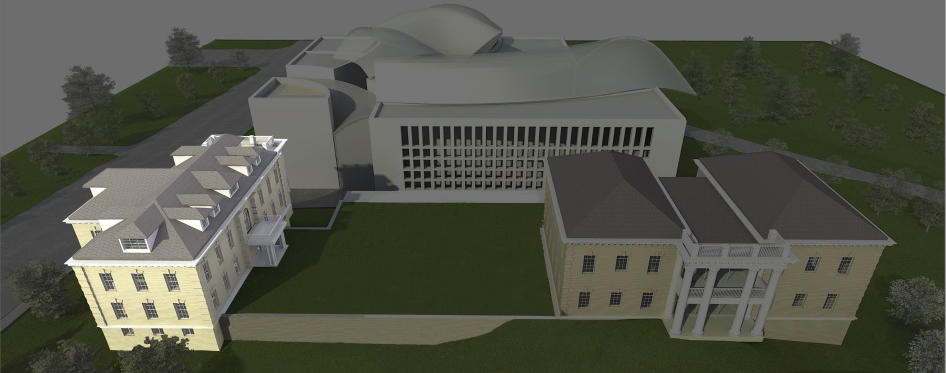The PeaceTech Lab will work at the intersection of technology, media, and data to devise means of reducing violent conflict around the world. It will be a collaborative space where experts in technology work with experts in conflict management and with fellows from the conflict zones themselves to imagine, develop, and deploy new tools for the field.

Technology has shifted the power of media and mass mobilization from corporate and state-controlled organizations to communities and individuals. At the same time, new insight into human dynamics and sentiment—the DNA of conflict—is being shared on social networking sites and analyzed more rapidly and profoundly than ever before.
The confluence of these factors is producing a transformation in conflict management and peacebuilding. From Kenya to Colombia, Afghanistan to Indonesia, we are seeing media and technology being used in innovative ways to counter age-old drivers of conflict, ranging from election violence and interethnic hatred, to resource shortages and gender violence.
And we can do better. We can accelerate the development of these new tools. We can distribute them faster. And we can engage more people in early warning, early response, and collaborative problem solving.
We believe the answer lies in moving beyond ad hoc innovation towards a more deliberate model, where engineers and scientists from industry and academia work each day alongside experts in peacebuilding from government, NGOs and the conflict zones themselves. The PeaceTech Lab will be an opportunity to do just this – the first facility of its kind, located adjacent to the US Institute of Peace (USIP) on the National Mall, and in close proximity to US and international agencies with the influence and resources needed to scale new solutions. The Lab will be a separate, privately-funded non-profit organization that will work collaboratively with USIP.
The lab will have three main areas of focus:
- TECHNOLOGY: Developing technology tools that are customized to meet the needs of citizens and organizations working for peace and positive social change in conflict zones around the world.
- MEDIA: Producing curriculum-based radio, television, and other multimedia content to inspire changes in attitudes and behavior.
- DATA: Using new methods of data collection, analysis, and visualization to improve peacebuilders’ decision-making and collaboration capabilities.




